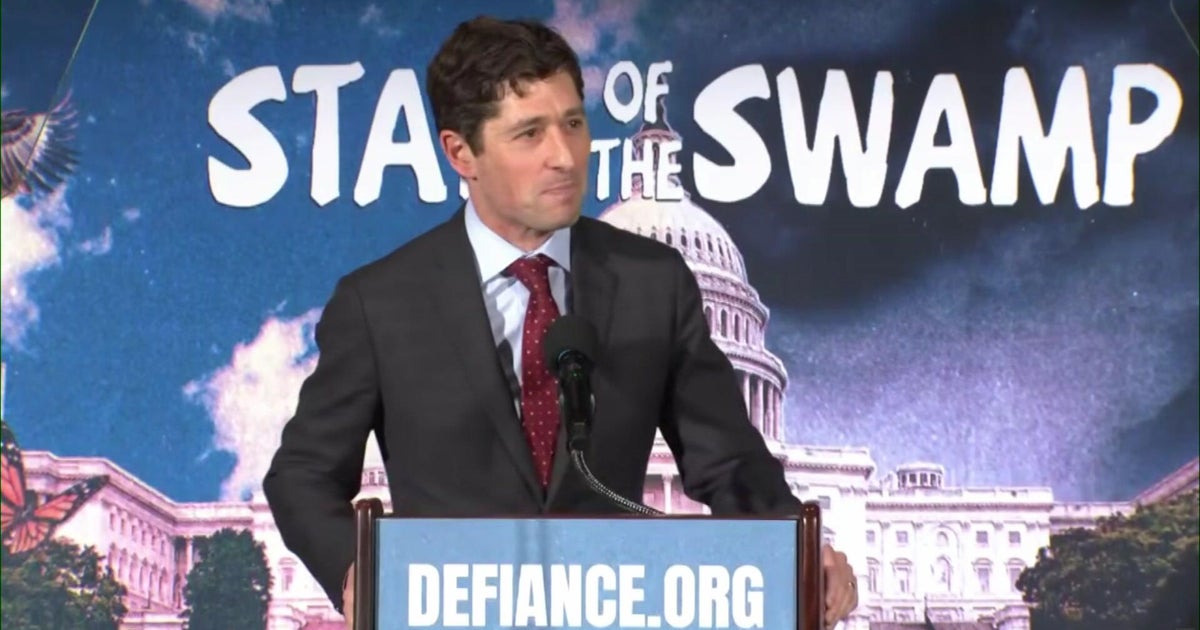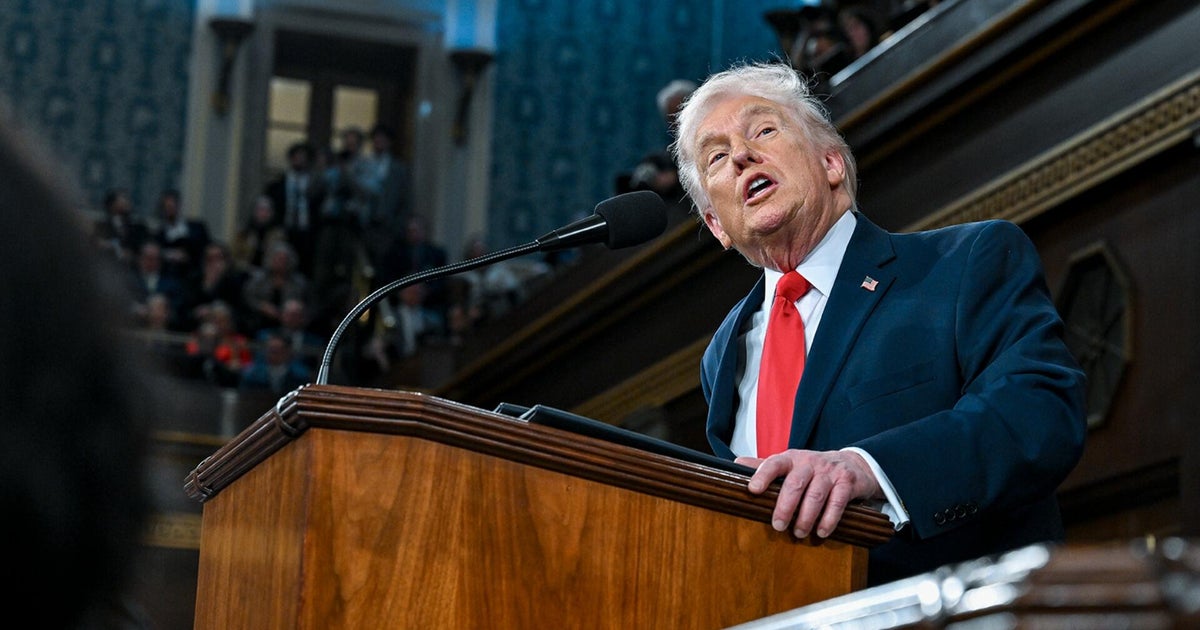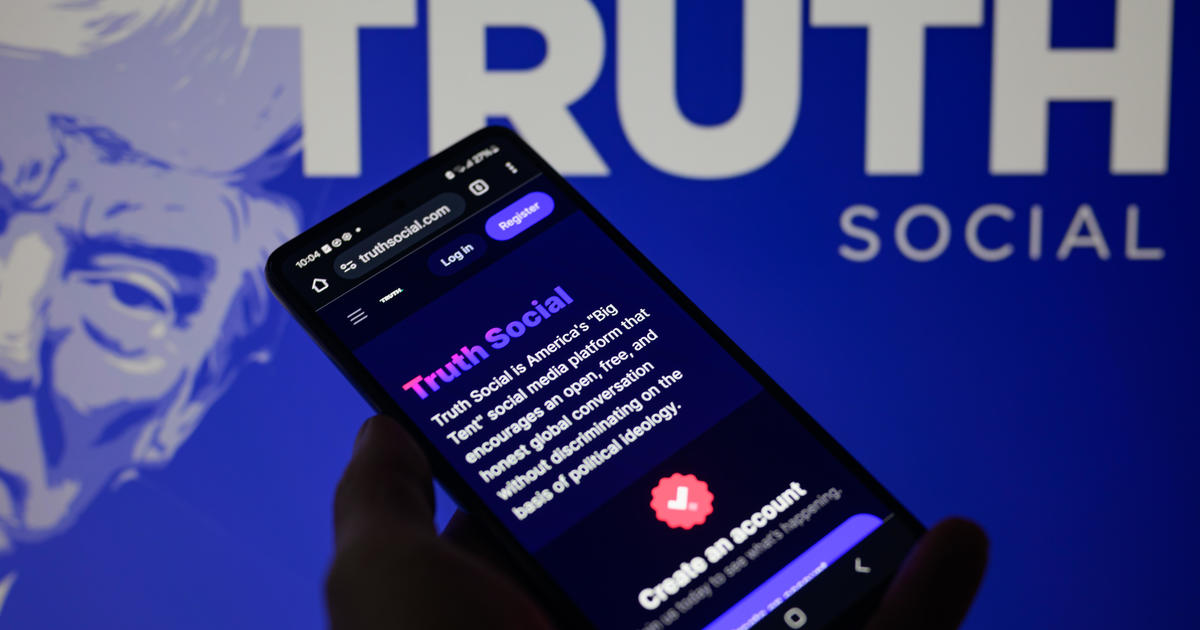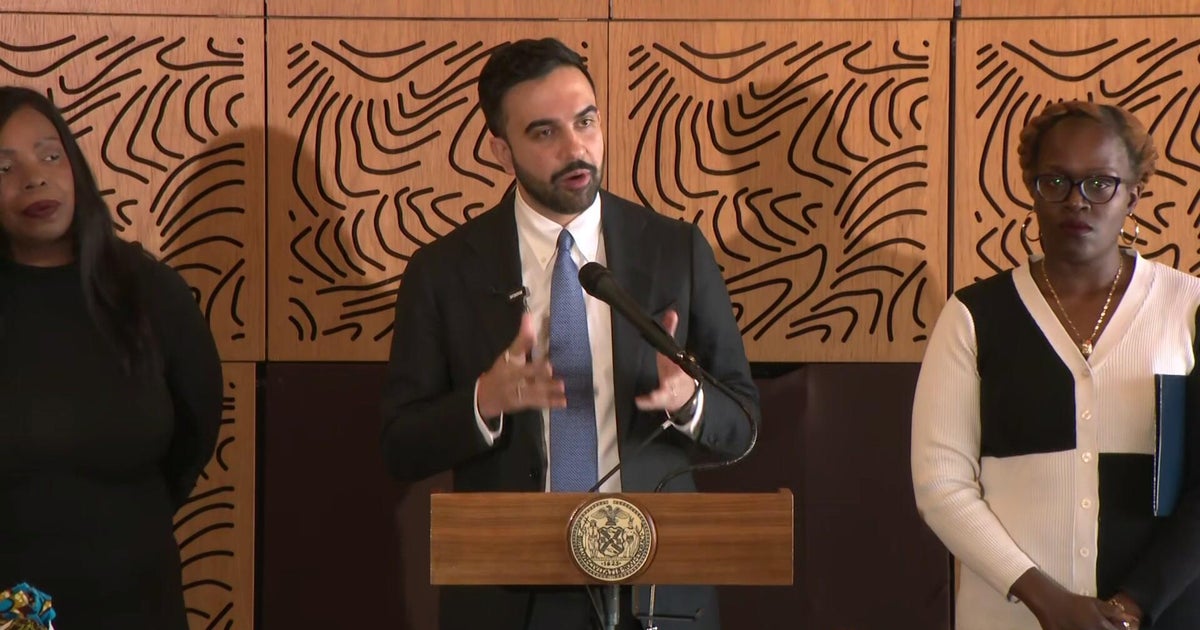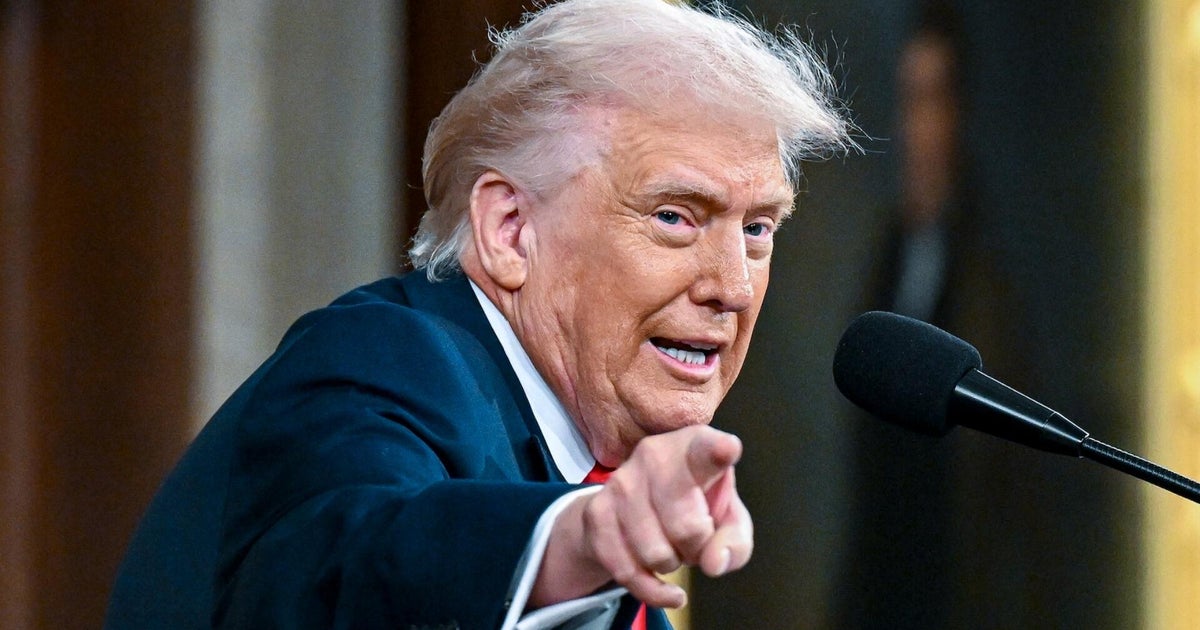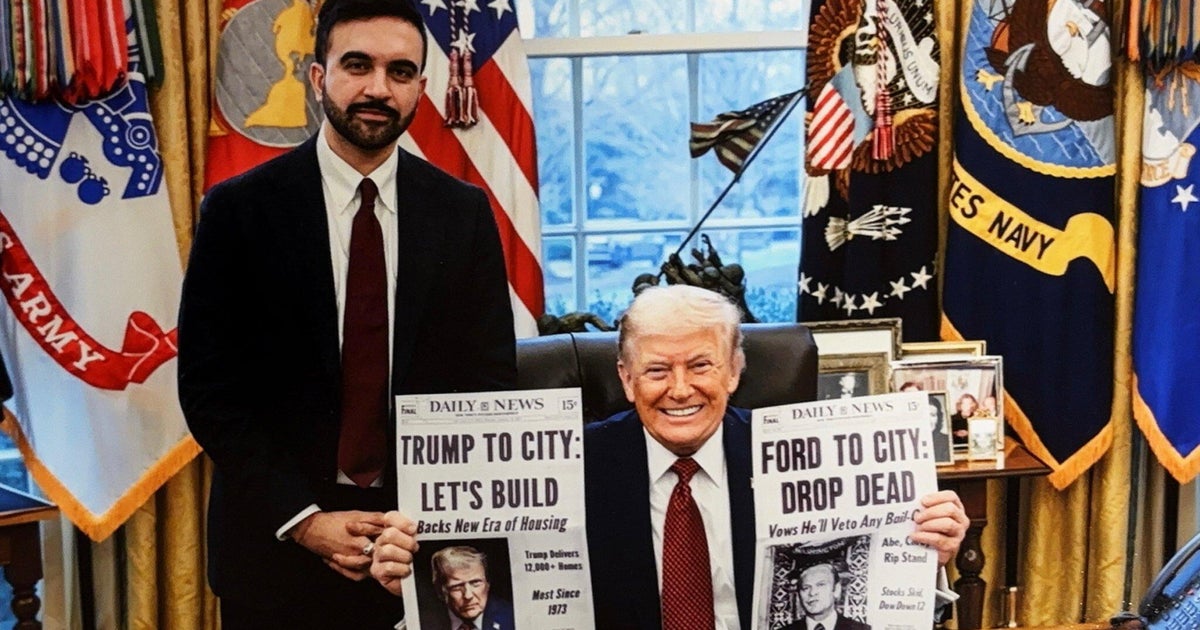Hurley: Sports Illustrated Should Not Have Roger Goodell On 'Unity' Cover
By Michael Hurley, CBS Boston
BOSTON (CBS) -- If, just for a moment, you can separate your personal feelings from the goings-on in America -- an easier task for some than others -- then you can surely recognize that this is an unprecedented time in the country's history. The president of the United States, unprompted, essentially waged war on the National Football League, attacking its ratings, its referees (for some reason), and its players who have chosen to participate in silent protests over the past year.
NFL players responded in kind by joining together this weekend, either by taking knees together on sidelines or by locking arms in a show of unity. The president, upon witnessing the response, sent out more than a dozen tweets on the matter in a span of about 48 hours, while mixing in the rescinding of a White House invitation for NBA champion Stephen Curry, who had already said he didn't plan on visiting in the first place.
Some 20 years from now, history writers will certainly be left a bit mystified when they're tasked with condensing this era of American history into textbooks.
In any event, no matter where you stand on whichever issue, it's become clear that the sports world cannot remain separate from the political world. And if the sports world has one path it wants to take in this time, it's in spreading a message of unity. That much was clear in the locked-arm demonstrations, and it's clear in this week's Sports Illustrated cover.
The cover features several sports figures of varying degrees of prominence who are involved in some way.
To name a few: LeBron James and Curry, two outspoken critics of the president; Jaguars owner Shahid Khan, a Trump supporter who joined his players on the sideline on Sunday before their game in London and said the president "crossed the line"; Steve Kerr, the Warriors' coach whose father was killed by terrorists, who has articulated thoughtful dissent over the past year; Oakland A's rookie Bruce Maxwell, who took a knee during the national anthem over the weekend.
The cover also features NFL commissioner Roger Goodell.
If the mission is to present a call for unity, this was a mistake on the part of Sports Illustrated. What inspired the magazine to put Goodell on the cover is a bit puzzling.
In fact, it wouldn't be difficult at all to paint Goodell as the underlying issue with the situation in which the league currently finds itself.
Last summer when Colin Kaepernick sat and then knelt for the national anthem, the country reacted. Roger Goodell, aside from issuing lukewarm commentary that somewhat supported the player and gently criticized the player, did not. He hoped to straddle the middle ground long enough for the negative attention would go away. It did not.
In a September 2016 USA Today story detailing Goodell's support for players who seek to improve the country, a striking line tells the whole story:
"Goodell said he hasn't reached out to Kaepernick directly."
Some silent protests continued throughout the 2016 season, during which Kaepernick threw 16 touchdowns and just four interceptions. His efficiency had him with the sixth-best interception percentage in the entire NFL. That was not, however, good enough for him to earn a contract in the NFL in 2017.
Again, it's an issue about which many have found difficulty in separating their personal feelings. The sight of Kaepernick's face or mention of his name tends to send many discussions into a tailspin. But if, briefly, those emotions could be put on hold in order to assess what's taken place over the past year, a clear image of the NFL's inaction emerges.
The facts are that a cavalcade of inferior quarterbacks were given NFL jobs during the offseason, while Kaepernick was left unemployed. Along the way, Giants owner John Mara said he'd never received more opinionated fan mail which threatened team boycotts in his life than he did about the possibility of his team signing Kaepernick. Longtime coach and current Jaguars executive vice president Tom Coughlin said his team had zero interest in signing Kaepernick, despite a mess of a quarterback situation playing out through the summer. It was not a coincidence that every NFL owner chose to pass on signing the 29-year-old quarterback who was coming off a resurgent season.
Despite the obvious reality playing out, Goodell presented a state of denial to the world.
"Each team makes individual decisions about how they can improve their team," Goodell said in May. "And if they see an opportunity to improve their team I think they do it."
In June, he repeated the company talking point.
"If they see an opportunity to get better as a football team, they're going to do it," Goodell said. "They're going to do whatever it takes to make their football team better."
And then this month, in his most tepid statement yet, Goodell responded to a question about Kaepernick's unemployment by saying this: "I'm not a football expert."
The non-football expert once again proved that he is an expert at reiterating talking points programmed by the PR wing of the NFL.
"I want to see everyone get an opportunity, including Colin, but those decisions are made by football people," Goodell said. "When teams have a need and teams feel like they can get better by a particular individual ... that's what they do."
Even after the president's direct comments attacking the NFL, Goodell responded with a statement about the NFL's response to two recent hurricanes instead of really addressing the matter at hand. Goodell did express disappointment with the "divisive" comments of the president, but through 13 months, he's yet to do anything to limit such viewpoints from smoldering around the country.
Here's the bottom line: Even understanding the dreaded "distraction" that Kaepernick would have brought to an NFL team as a backup quarterback, it's impossible to argue that Kaepernick would not be among the best handful of backup quarterbacks in the NFL. And he'd still be a serviceable starter, as Cleveland and San Francisco can attest.
But Goodell, commissioner of the richest and most powerful sports league in the world, wanted to condense the matter into a football issue. If Kaepernick were good at football, the commissioner argued, he'd have a job in football.
If such a statement were to ever appear to be patently false, it would be now.
From the very beginning, this was very clearly an issue which Goodell hoped would go away on its own. Don't endorse him, don't condemn him, let him finish the year, allow teams to ignore his existence, let him fade away, and hopefully the country will follow suit.
With the president of the United States now attacking the league and making the issue front and center for many Americans who hadn't even contemplated looking at NFL sidelines prior to last weekend, it's safe to say the commissioner's plan didn't work.
And this isn't a matter of strictly picking on Goodell for no reason. It's not difficult at all to envision a forward-thinking, proactive commissioner -- like, say, the NBA's Adam Silver -- addressing the matter head-on last year as soon as possible. A proactive commissioner probably would have started by meeting with Kaepernick. He could have assembled a group of influential players in order to hear their ideas and better understand what they hope to accomplish.
Together, the commissioner and the players could have found common ground and established an image and message that it wanted to present to the world together. It could have been clear: We're the NFL. This is what we're about.
Instead, the issue was allowed to fester and permutate into hundreds of different interpretations. Opinions from every angle remained fiery. No solution is even close to being in sight, thus making the league ripe for the picking for criticism from a bully pulpit, because the multi-billion dollar league lacked a visionary. Anything the league does now will be wholly reactionary.
Such is the overwhelming essence of Goodell's era in "leading" the NFL. Instead of exhibiting some care and concern for the players who comprise the league, corporate PR-speak to protect the billionaire owners took precedence. Instead of working on a resolution, the commissioner spent his time playing a judge -- poorly -- and tackling important issues like commercial breaks during games.
Frankly, it was a matter in which nobody expected bold leadership from the commissioner -- a man who's afraid to properly visit the stadium of one of his league's marquee franchises because of his own missteps as a leader.
Meanwhile, Kaepernick objectively has continued to put his money where his mouth is. He's donated his time and money (closing on $1 million of it) to causes he believes are important to the country. He took a knee during the anthem, and he promoted some positions that many in the country disagreed with, but he's still working to effect positive change.
Kaepernick is a curious omission from the SI cover. Goodell is a puzzling inclusion. The commissioner may be intimately involved with the matter, but he's displayed zero interest in ever being a part of the solution.
You can email Michael Hurley or find him on Twitter @michaelFhurley.

